I am sure amidst SWC threads, even before the current debate in the USA, there has been a discussion over the two alternative schools of thought Counter-Insurgency (COIN) and Counter-Terrorism (CT), but I cannot locate a suitable thread.
Preamble aside.
There is a fascinating debate on the Kings of War blogsite on the issue: http://kingsofwar.wordpress.com/2009...stan/#comments
Since it is conceptual I posted here and not in the Afghan thread.
davidbfpo






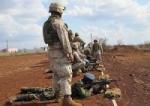
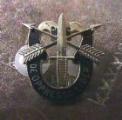
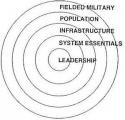
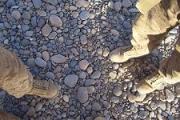
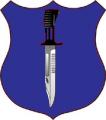





Bookmarks